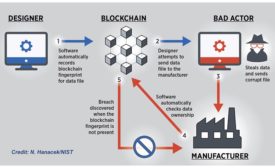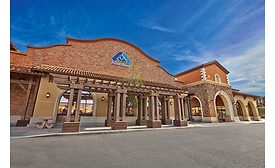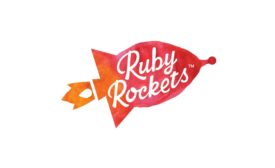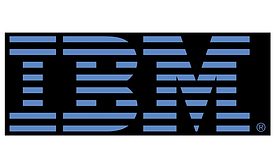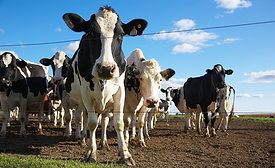Home » blockchain technology
Articles Tagged with ''blockchain technology''
Study: 20% of top global grocers will use blockchain for food safety, traceability by 2025
Encryption capabilities on the food source, quality, transit temperature and freshness can be used to ensure that the data is accurate.
May 1, 2019
Albertsons Companies to join blockchain-based IBM Food Trust Network to pilot increased transparency for romaine lettuce
Grocer is the latest company to adopt blockchain-based traceability system for global food ecosystem
April 16, 2019
Walmart, Sam's Club utilize blockchain technology to achieve end-to-end food traceability
The aim is to now extend the technology to help reduce the number of people who fall ill during food incidents while at the same time reducing losses for retailers and suppliers during a recall.
October 4, 2018
Blockchain-based pilot tracks cattle from ranch to table
Beefchain.io, the blockchain traceability platform, is said to be the first in the market to verify ranch-to-table traceability.
September 20, 2018
Walmart, IBM and the Romaine Blockchain
What food processors and the entire supply chain should be doing to make our food safe
June 1, 2018
Never miss the latest news and trends driving the food safety industry
eNewsletter | Website | eMagazine
JOIN TODAY!Copyright ©2024. All Rights Reserved BNP Media.
Design, CMS, Hosting & Web Development :: ePublishing


